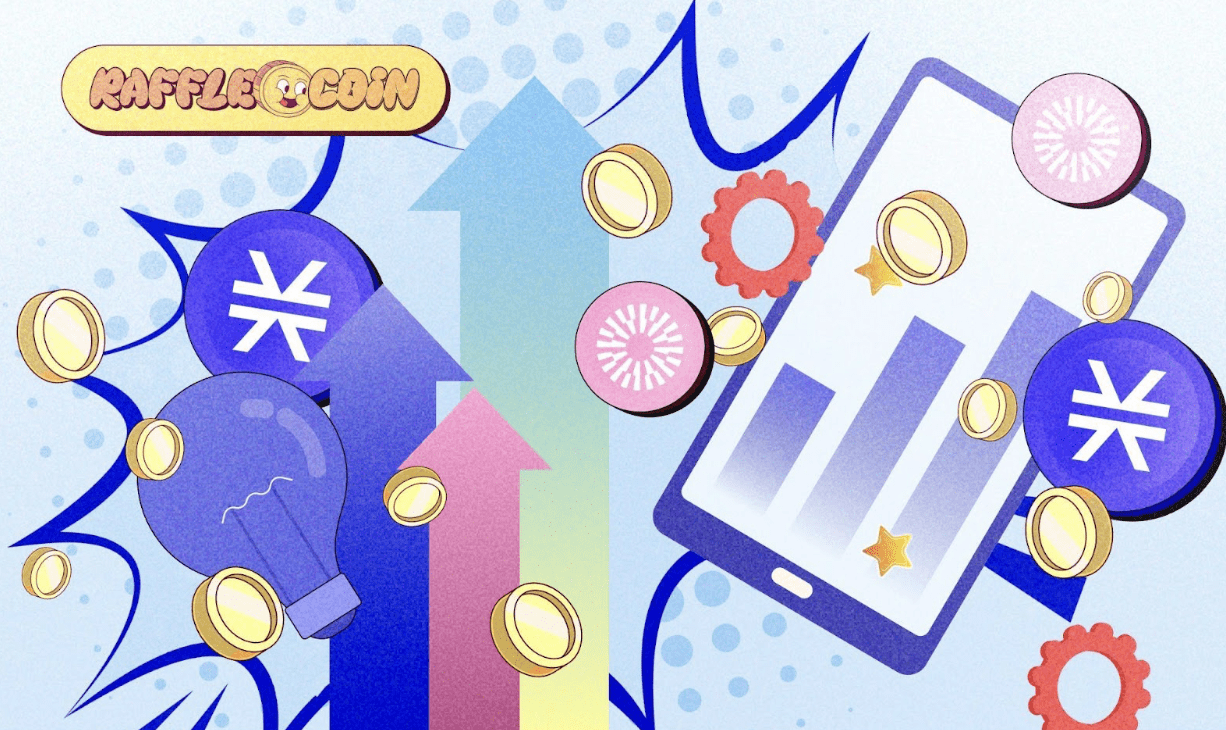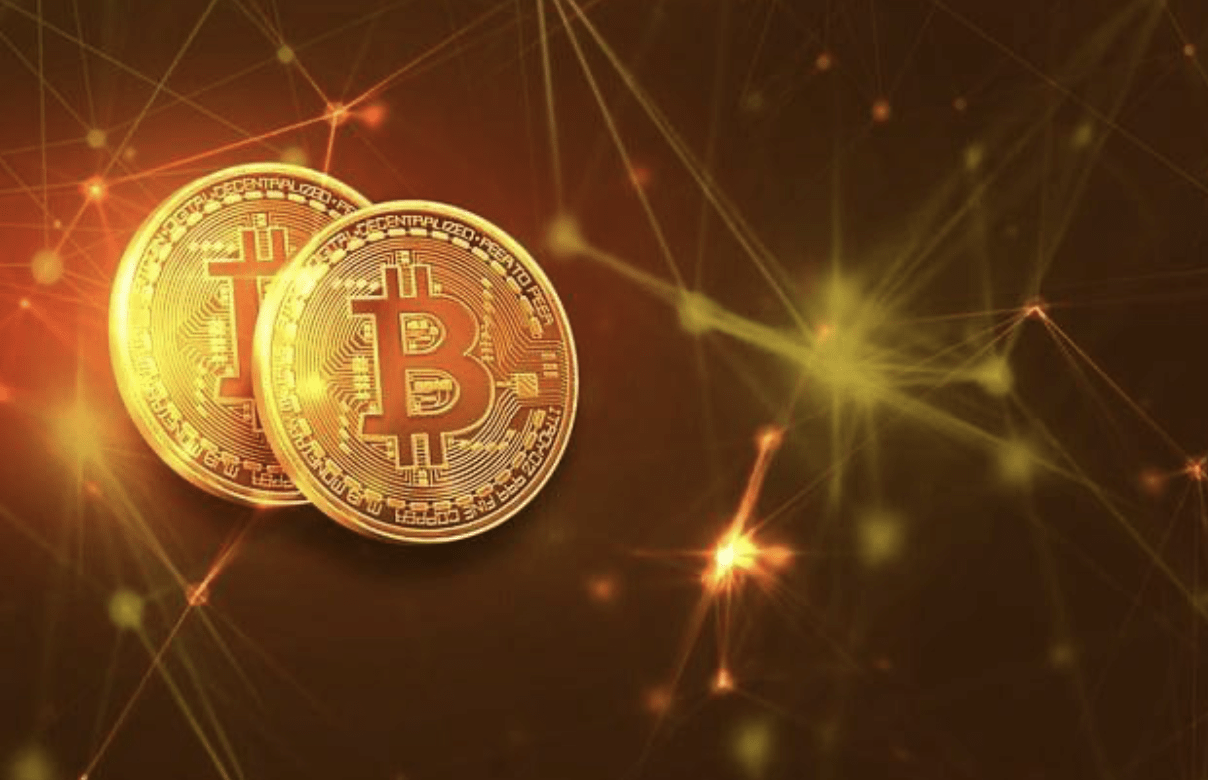Published
5 years ago on
September 03, 2018
Bitcoin's Rise Reflects Governments' Failure To Stabilize National Currencies
The most revolutionary invention in modern finance is being celebrated this week by cryptocurrency fans for its 10th-year anniversary. “Bitcoin Art (r)evolution” is a crypto-art exhibition in Paris that lasts through the first week of October and it showcases Bitcoin (BTC) inspired artistry from contributors all …

Breaking News
April 24, 2024
Grayscale Announces Spinoff Bitcoin ETF with Industry's Lowest Fees

Bitcoin
April 24, 2024
Bitcoin grinds higher despite Mt Gox $9 billion BTC payout overhang

Breaking News
April 24, 2024
Tesla HODLs Its Ground: Maintains Bitcoin Holdings Against the Odds

Breaking News
April 24, 2024
Grayscale Announces Spinoff Bitcoin ETF with Industry's Lowest Fees

Bitcoin
April 24, 2024
Bitcoin grinds higher despite Mt Gox $9 billion BTC payout overhang

Breaking News
April 24, 2024
Tesla HODLs Its Ground: Maintains Bitcoin Holdings Against the Odds

PR
April 24, 2024
TRON and Cardano Lead Blockchain Innovation: PawFury Captures Investor Interest

PR
April 24, 2024
Revolutionizing the Raffle Game: Raffle Coin Draws Stacks & Mantle's Interest Eyeing Significant Sector Growth

PR
April 24, 2024
